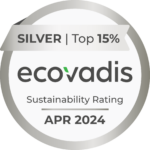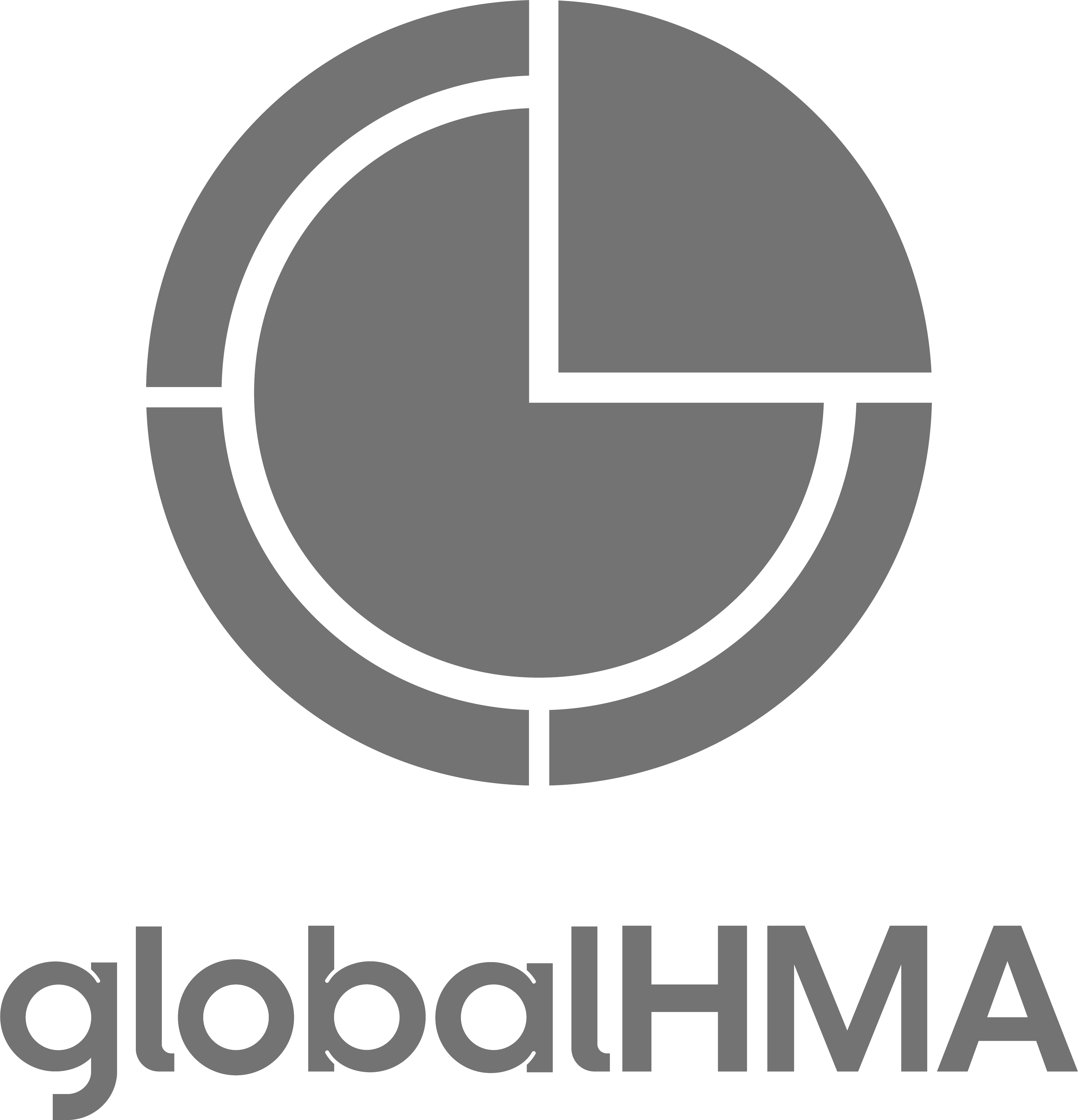Have you ever driven to a restaurant that looked good at first glance, but continued driving when you noticed that the parking lot was nearly empty only to later pull into the crowded parking lot of the establishment down the street? Logically the empty, no wait restaurant stands out as the best bet, but emotionally the draw of the popular site pulls us in. We want to be at the hot spot and surely everyone there must have some insider information and know something we don’t. We trust the opinion of these strangers and suffer the wait in line.
Website visitors have that same draw when visiting sites. They are looking for that same popularity factor that shows authority, relevance and knowledge. Who are the strangers here whose opinions we trust? We trust search engines, such as Google, who have directed us to the site based on a site’s high rankings, and we take into account the number of other sites who have linked to the site. How does a website generate those highly desired first page rankings? One way, of course, is to drive high traffic to the site and of course high traffic is the result of a high ranking. Well, you see the “Catch 22” here.
One growing development in SEO today is to obtain a good rank by building links. Link building involves getting other sites to link to your website and vice versa. Quality back links are an integral part of asserting your authority with search engines with an improved ranking as the ending result. The links need to be relevant, meaning a site that is similar in content and nature to your own website. Just as a romantic dinner is unlikely when choosing a restaurant usually patronized by families with children, establishing relevance with search engines is unlikely if established links are incompatible with your site.
Local and professional directories can provide one source of link building. Many are free and, hence, unbiased in their acceptance of listings. While others may require a fee, many of them also send direct traffic as a benefit. Be selective in your listings. Five to ten relevant listings provide greater results than a hundred vaguely related directories. Think quality not quantity. A word of warning, link-building services may have the lure of a quick fix, but often these services employ dishonest black hat techniques that will have a negative effect on your rankings. J.C. Penney was quick to learn this when The New York Times exposed their duplicity in a recent article. If you do decide to employ a link building service, choose a reputable firm that focuses on personalized service and has a history of ethical, white hat practices. HMA has learned that intensive research and the building of ongoing relationships will provide more than adequate link building opportunities.
So now take a look at your website. Is the “parking lot” empty or crowded? Are your links relevant? Do they reflect the kind of content you are trying to impart? Build links that are natural, compatible and relevant to your site and you will eventually watch your ranking and traffic increase.




